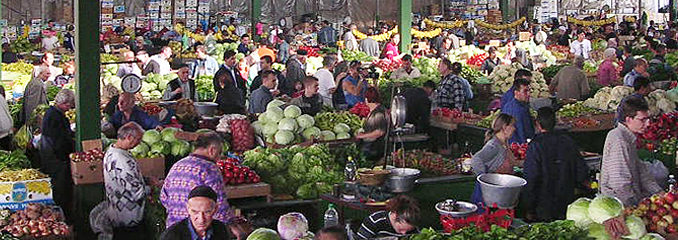
FAO Conference: peasant rights on the table!
The Regional Conference for Europe needs to be the event where small-scale family farmers start receiving recognition for their invaluable contribution. […]

The Regional Conference for Europe needs to be the event where small-scale family farmers start receiving recognition for their invaluable contribution. […]
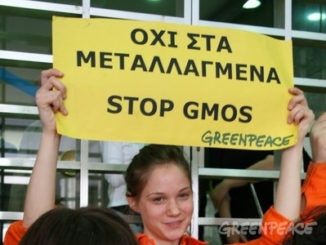
Arc2020 correspondent Myrto Pipsini is suspicious of ministerial motivations […]

Will the precautionary principle and other stalwarts of the European project be eroded by TTIP? […]
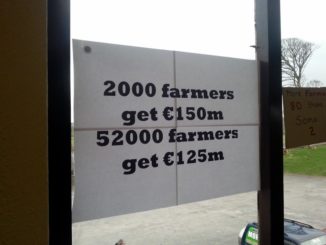
The majority of farmers and the environment will loose out under current government and industry plans. […]
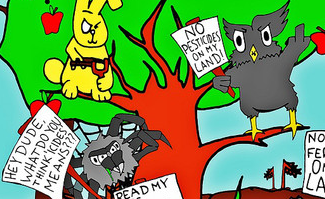
better weighting for landscape features, otherwise de-europeanisation […]
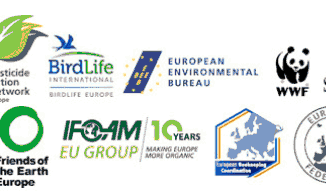
In the run up to Commission meeting on 11th March pesticides, cross-compliance and eligibility are the key issues. […]

Peter Crosskey is based in the UK. Peter can be found at the Food Dimension and also at Features Execs. Recent Posts by Peter Crosskey Five-hectare payment threshold excludes one in six English farmers Where does your meat come from? UK reviving land settlement and local food production TTIP agenda threatens good intentions for UK local food UK agroecology centre taps into water research UK government to accept industry’s neonics research UK pesticide approvals: business, as usual Leave it to Tesco: how the UK ignores food security UK cabinet reshuffle kicks Paterson into touch Syngenta shelves attempt to overturn UK pesticide ban Bumblebees dying for a change in US pesticide laws NGOs’ dismay with CAP greening in Britain & Ireland UK ministry denies bullying food bank charity UK adopts just five EFA categories for CAP greening No offline plan B for UK CAP payments in 2015 TTIP EU advisory group meets for the first time Will CAP payments short-change UK Moorland farmers? Is […]

Dear friends and supporters, In March, the fourth round of negotiations on the Transatlantic Trade and Investment Partnership (TTIP) will take place in Brussels. Since the last round of negotiations in December, more evidence the secretive nature of these negotiations has emerged, as reported by Corporate Europe Observatory: “In the 29 documents which were ‘partially released’, DG Trade has removed large parts of the text (…). In some cases, like a meeting with lobbyists from Fertilizers Europe, every single word has been removed from the document.” A glimmer of hope was offered at the end of January, when the Commission announced a public consulation on the so-called investor state dispute settlement (ISDS) part of the agreement. According to the official press release, the decision follows ‘unprecedented interest in the talks’ and in early March, De Gucht will publish a proposed EU text for the investment part of the talks on which people across the EU will have three months to comment. We featured an opinion piece on thethreats the TTIP poses to Romanian peasants and farmers, and a prognosis of TTIP stakeholder […]

Tenant Farmer Association warns of siphoning off of payments […]

According to a new report, the EU seed market seriously lacks diversity, yet seed lobbyists claim that there are currently 7000 small and medium-sized seed companies in the EU. […]
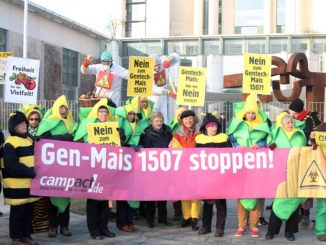
Nineteen European Member States voted against the GM 1507 Maize tabled by the European Commission. […]

Is the path to hell paved with good intentions? Will a supposedly better regulation actually lead to a tiny or a more apt organic sector? […]

Dear friends and supporters, To say 2014 has been exciting and busy so far would be putting it lightly. We started January off with one of the biggest demonstrations in Germany in years! 30,000 of us – thousands of farmers, 70 tractors, concerned citizens of all ages in all sorts of costumes, and a clatter of marching bands – protested under the slogan ‘We are fed up!’ (or ‘Wir haben es satt!’ in German), demanding better food and agriculture and clearly stating that the industrialized food system is not the system we want. Seeing such a big turnout for this cause – up on last year – was extremely energizing and inspiring. We will need all this energy in the next few weeks, as we have just launched a campaign to save the Ecological Focus Areas – one of the last hopes of a greener CAP – from toxic pesticides. More on the demo and this new campaign below.Its also a big time at EU level for seeds: 11th February sees the Committee for Agriculture vote on the European Commission’s controversial proposal. Indications are that this could be good news […]

Today, citizens protested outside of the German chancellery ahead of next week’s European Commission vote on the matter. […]
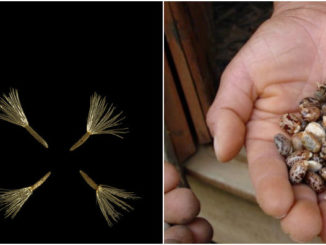
Farmers & growers have saved seeds since farming & growing began. Seeds are a core and essential part of many farming systems, and farmers’ ownership and control of seeds – seeds they save, open pollinated seeds, and an apt, varied range of seeds for both food security and food sovereignty – is one of the biggest agri-food issues of our times. Key Issues The nexus of the problem with how seeds operate in the food system is this: a small handful of agri-food and chemical giants have significant control of the ever tightening seed market. Meanwhile small farmers, gardeners and growers are finding it more and more difficult to save and access seeds. Current proposals at the EU level may compound this situation. These are also threats to seed saving, often under the guise of supposed improvements in efficiency, performance and safety. When legislation is written with the interests of the major corporations involved in seeds in mind, it inevitably ends up promoting a business-as-usual model of limited varieties, use of pesticides, GM and other agri-industrial inputs and […]
Agricultural and Rural Convention